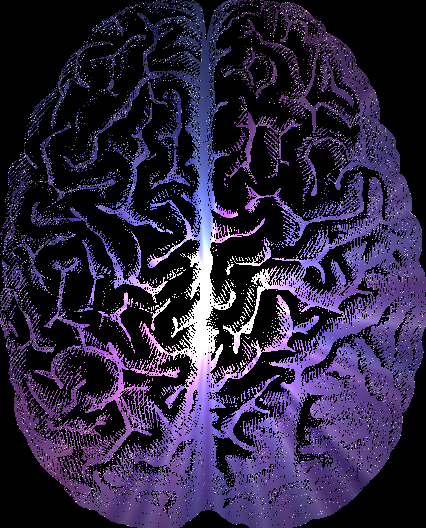Brains reward altruism
 Researchers say that the brain's reward system does not just function for selfish purposes.
Researchers say that the brain's reward system does not just function for selfish purposes.
A new study suggests that the human brain's reward system is wired not only for personal gratification but also for the happiness of others.
The study involved 46 participants who underwent a series of tasks designed to evaluate their food preferences and their ability to make decisions that benefit both themselves and others.
Participants, who had fasted for four hours, first rated various food items for personal preference.
They then engaged in tasks that required them to predict and consider the preferences of others, who had distinctly different tastes.
Using brain imaging techniques during these tasks, researchers discovered significant activity in areas of the brain known for reward processing.
This activity correlated with both the preferences of the participants and their predictions about others' preferences.
“Our findings show that the brain's reward regions are not solely self-oriented,” says Alexander Soutschek, the study’s lead researcher.
“They also respond to the perceived benefits received by others, highlighting a neural basis for altruistic behaviour.”
This study sheds light on how and why people consider others' needs along with their own when making choices, extending from everyday decisions about what gifts to buy or meals to prepare, to more complex societal decisions like voting or policy-making.
Researchers found that the brain effectively integrates different preferences and makes utilitarian choices - those that maximise the overall good - even when individual desires conflict.
“This neural mechanism could underlie the decision-making process in a variety of social and personal contexts, explaining behaviours that aim to balance competing preferences within a group,” Soutschek added.
The findings suggest that human brains are equipped with a built-in mechanism for considering the welfare of others, a fundamental aspect of moral philosophy known historically from the Humean tradition, which advocates for maximising collective well-being.
As societies continue to grapple with individual versus collective needs, this research provides a neurological explanation for how and why we make decisions that consider the greater good.
The full study is accessible here.








 Print
Print